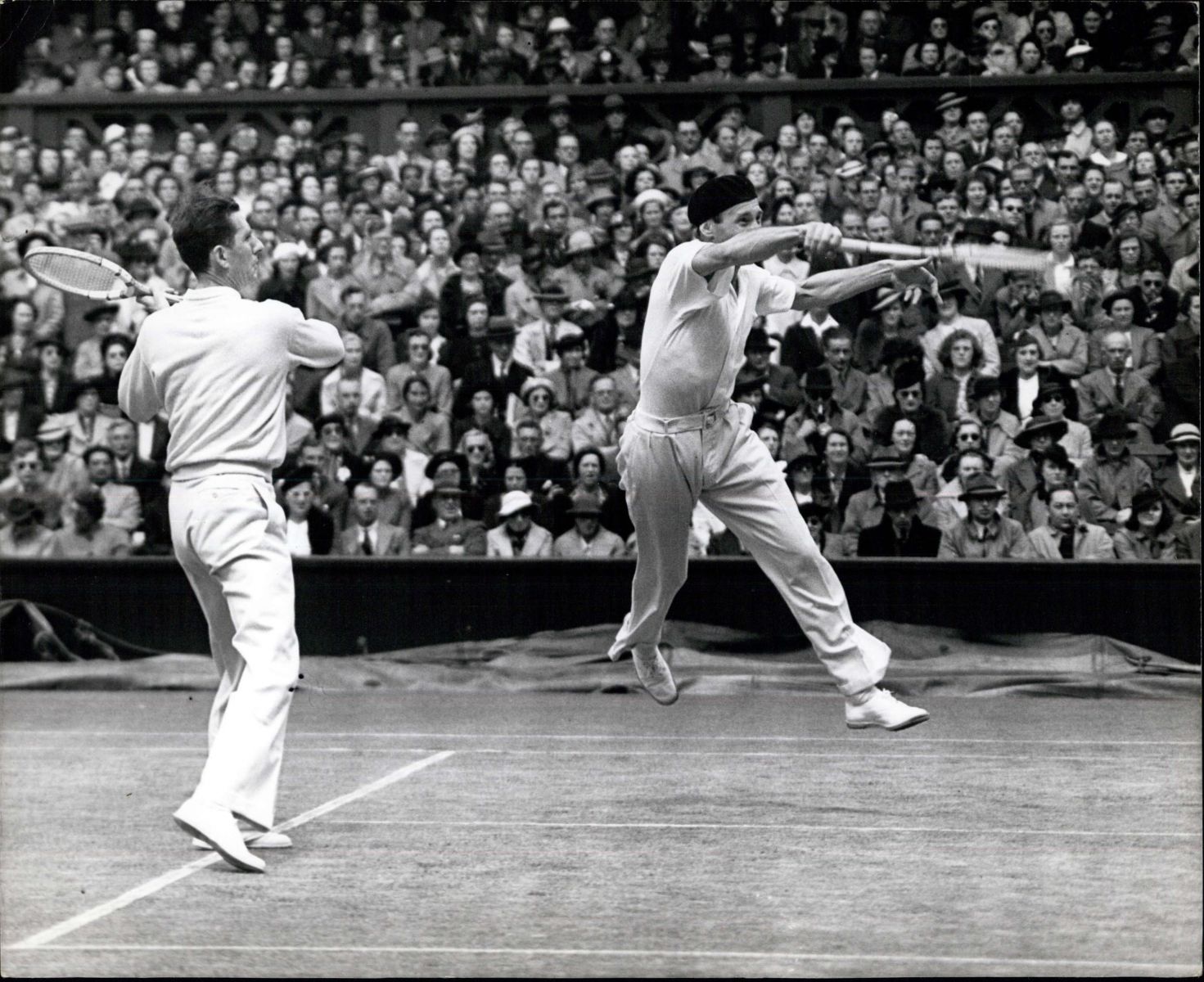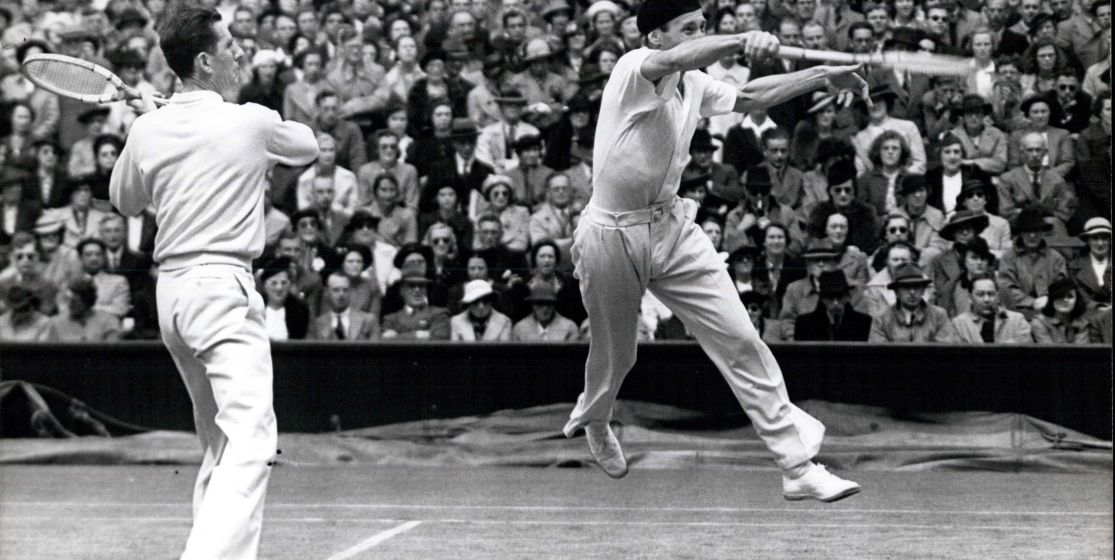-
Read more: Top 20 Davis Cup by BNP Paribas players (20th to 11th)
- Read more: Top 20 Davis Cup by BNP Paribas players (10th to 6th)
- Read more: Top 20 Davis Cup by BNP Paribas players (5th and 4th)
- Read more: Top 20 Davis Cup by BNP Paribas players (3rd)
1. Because they made the Davis Cup mainstream...
... by notably achieving the huge feat of defeating the United States in Philadelphia in 1927. An incredible feat at the time, as the US team had been undefeated for 8 years, and had been so dominant in the competition that it had almost turned into a boring routine. But long series have one advantage : they always turn into a popular attraction when they end. Especially when their finale includes an unprecedented turnaround. During this 1927 finals, France became the first country to win the competition after losing 2-1 at the end of the doubles match. On both sides of the Atlantic, tens of thousands of readers rushed to buy the papers which related the encounter. For the first time, tennis stepped out of its high-class ghetto. And the other big winner, after the Musketeers, was of course the Davis Cup itself.
2. Because with racquets instead of swords, the Musketeers gave Bill Tilden, the undefeatable American star, the final blow...
3. Because they won it 6 times consecutively at a time when the competition was fierce…
... at the time, all the great nations were competing in the Davis Cup, with no exception made. During their six consecutive triumphs between 1927 and 1932, “les Bleus” defeating the United States again (in 1928, 1929, 1930 et 1932) but also Fred Perry’s Great-Britain (in 1931). There was only one hiccup : during the fourth match of the 1932 final, with France leading 2-1, Jean Borotra saved a match point, with the helping hand of the linesman, the only person in the whole stadium not to have seen that the Frenchman’s second serve was out...Borotra won a few minutes later 7/5 in the fifth set, before seeing the American Ellsworth Vines defeating Henri Cochet in the last match ! Today, no one remembers the anecdote. But during the summer of 1932, the linesman’s mistake provoked a huge controversy.
4. Because they always put the Davis Cup first...

5. Because Roland-Garros might have not existed without them...
... because their triumph in 1927 reactivated the project of building a big stadium to host the Davis Cup matches in Paris. Inaugurated hastily during the winter 1927-1928, the Roland-Garros stadium also became the host the French Open, which, until then, was played in the middle of the bois de Boulogne, at the cosy put small Racing Club de France. What would have been the destiny of the tournament without this stadium which changed everything ?
.jpg)






